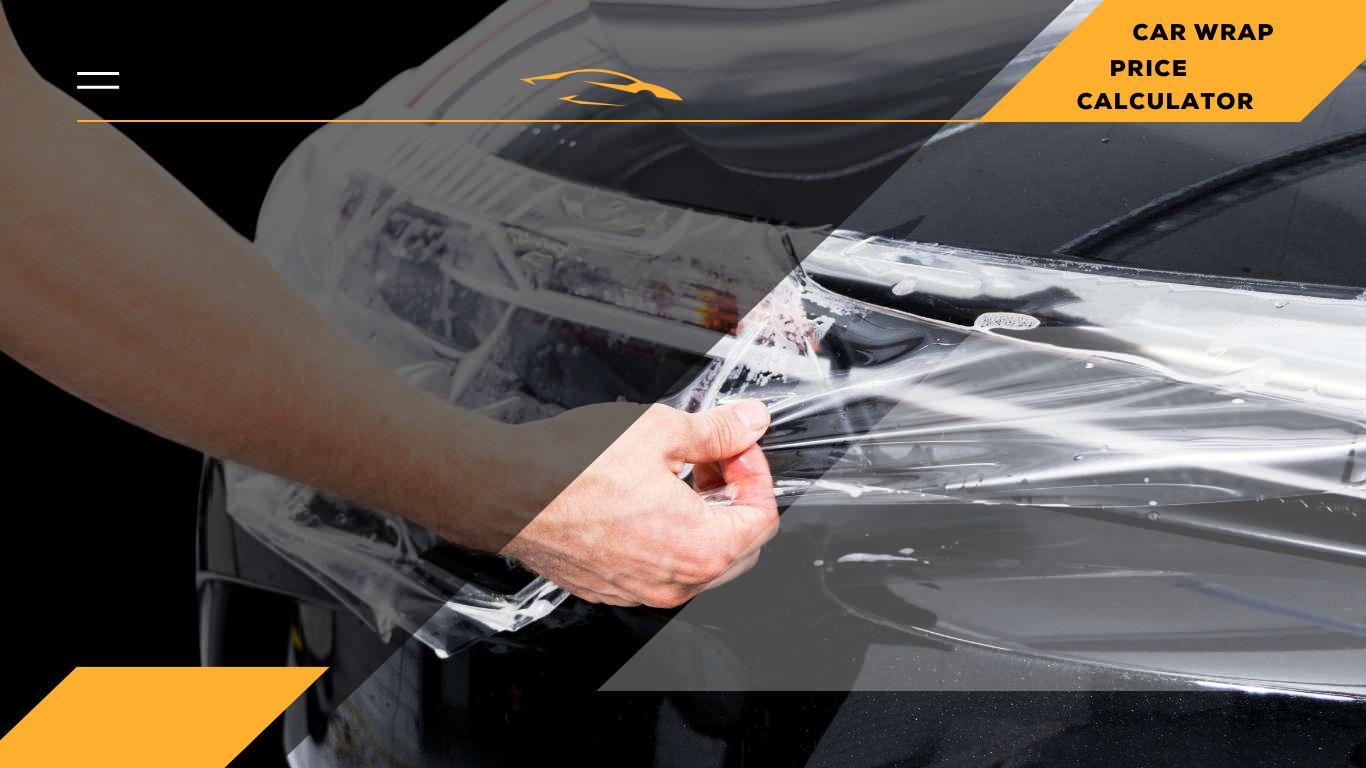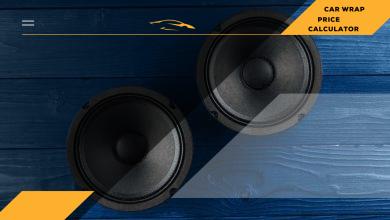Why Do People Wrap Cars Instead of Paint?

Car enthusiasts and owners often look for new and creative ways to make their vehicles special and keep them safe. Car wrapping has become a popular choice, especially in recent times. This article will explain why many people are choosing car wraps instead of the more traditional paint jobs. We’ll talk about the good things and the not-so-good things, and answer common questions about car wrapping to give you a full understanding of it.
Car wrapping is when a thin layer of vinyl material is put on the outside of a vehicle. This vinyl comes in lots of different colors, textures, and finishes. This way, people can make their cars look different. Unlike regular paint, car wraps aren’t permanent. You can take them off without hurting the car’s original color.
Advantages of Car Wrapping Over Painting
- Preserving the Original Paint: Car wrapping acts like a shield, protecting the car’s original paint from small scratches, chips, and everyday wear and tear.
- Shielding from Sun and Damage: Car wraps also defend against the sun’s UV rays, stopping the paint from fading or getting damaged because of sunlight.
- Easy to Keep Clean: Vinyl wraps are simple to clean. They’re smooth, so dirt and stuff can be washed off easily, keeping the car looking clean.
- Design and Make It Yours: Car wraps come with a lot of design choices. This means you can make your car look exactly how you want, with custom graphics, patterns, and textures that paint can’t do.
- Saving Money: Car wrapping is usually cheaper than regular paint jobs. This makes it a good choice for people who don’t want to spend too much.
- Quicker Wait Time: Putting on a car wrap takes way less time than a full paint job. This means your car won’t have to stay in the shop for too long.
- Value and Leasing Protection: Wrapping your car can make it worth more when you sell it later. It keeps the original paint looking nice. If you have a leased car, wrapping can help you avoid fees for changing the original paint.
- Covering Up Flaws and Fixes: Car wraps can hide small problems and fixes, making older cars look better.
Disadvantages of Car Wrapping
- Temporary Solution: Car wraps don’t last as long as paint and might need to be replaced after a few years, depending on how much you use the car and how well you take care of it.
- Starting Costs: Even though car wrapping can be cheaper in the long run, the first installation can cost more than a basic paint job.
- Durability and How Long It Lasts: Car wraps might not do well in tough weather or if stuff on the road hits the car. Regular paint usually handles these things better.
- Not Easy to Do Yourself: Wrapping a car needs skills and precision. This makes it hard for people who like DIY projects to get good results.
- Putting It On Isn’t Easy: Putting on a car wrap is complicated and needs experience. It’s better to have pros do it.
- Need for Experts: If there are mistakes when putting on a car wrap, it can look bad. That’s why it’s important to have people who know what they’re doing do it.
- Taking It Off Takes Time: If you want to take a car wrap off, it can take a while and need a lot of work. This is especially true if the wrap has been on the car for a long time.
- Impact on the Environment: Making and getting rid of vinyl wraps might be bad for the environment, even though there are some options that are better for nature.
- What Are the Benefits of Wrapping a Car vs. Painting?
Conclusion:
Car wrapping offers a flexible and budget-friendly way to personalize and safeguard your vehicle. By keeping the original paint intact, allowing creative designs, and shielding against UV rays and small harms, it’s clear why car lovers and owners favor wraps over regular painting. While it’s not perfect, the advantages of car wrapping usually outweigh the disadvantages. By learning about how it works, the pros, and the cons, you can figure out if car wrapping suits you and your vehicle.
FAQs:
Q1. Is car wrapping better than painting for changing colors?
Car wrapping offers an excellent solution for changing your vehicle’s color without affecting the original paint. Unlike paint, wraps are not permanent, allowing you to revert to the actual color or try a new one as desired.
Q2. How long does a car wrap last?
The longevity of a car wrap depends on factors such as the quality of the vinyl, installation, and maintenance. On average, a professionally installed car wrap can last anywhere from 3 to 7 years.
Q3. Can I wrap my car if it has scratches and dents?
Car wrapping can conceal minor scratches and dents, but addressing any significant damage before applying the wrap for the best results is essential.
Q4. Is car wrapping suitable for all vehicle types?
Car wrapping suits most vehicle types, including cars, trucks, vans, and motorcycles. It can be applied to both new and used vehicles.
Q5. What is the average cost of car wrapping?
The cost of car wrapping varies based on the size of the vehicle, the quality of the vinyl, and the complexity of the design. A full car wrap can range from $2,000 to $5,000 on average.
Q6. Can I wrap my leased car?
Yes, car wrapping is a viable option for leased vehicles. It allows you to personalize the car while protecting the original paint. Remember to check the lease agreement for any specific guidelines.
Q7. Does car wrapping provide any additional benefits?
Aside from the aesthetic advantages, car wrapping protects the vehicle’s paint, offers UV resistance, and allows easy maintenance.
Q8. How do I maintain a wrapped car?
Hand washing with a mild detergent is recommended to maintain a wrapped car. Avoid high-pressure car washes and abrasive cleaning tools to preserve the wrap’s integrity.
Q9. Can I wash my wrapped car regularly?
Yes, regular washing is essential to keep the wrap looking its best. Gentle hand washing with a microfiber cloth and a mild detergent will help maintain its appearance.
Q10. Can I wrap my car myself?
While DIY car wrapping is possible, it is a complex process that requires skill and experience. For professional results, it is advisable to hire a trained installer.




